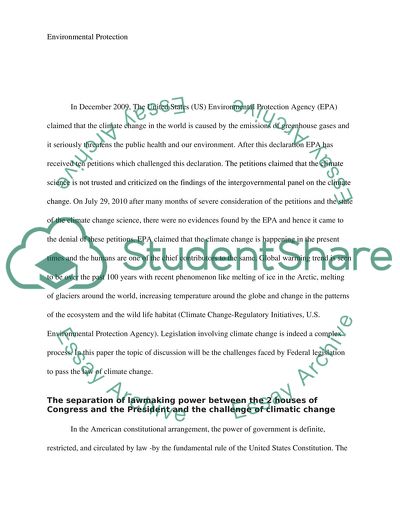Cite this document
(Challenges Faced by Federal Legislation to Pass the Law of Climate Change Case Study Example | Topics and Well Written Essays - 1500 words - 5, n.d.)
Challenges Faced by Federal Legislation to Pass the Law of Climate Change Case Study Example | Topics and Well Written Essays - 1500 words - 5. https://studentshare.org/environmental-studies/1775003-political-science
Challenges Faced by Federal Legislation to Pass the Law of Climate Change Case Study Example | Topics and Well Written Essays - 1500 words - 5. https://studentshare.org/environmental-studies/1775003-political-science
(Challenges Faced by Federal Legislation to Pass the Law of Climate Change Case Study Example | Topics and Well Written Essays - 1500 Words - 5)
Challenges Faced by Federal Legislation to Pass the Law of Climate Change Case Study Example | Topics and Well Written Essays - 1500 Words - 5. https://studentshare.org/environmental-studies/1775003-political-science.
Challenges Faced by Federal Legislation to Pass the Law of Climate Change Case Study Example | Topics and Well Written Essays - 1500 Words - 5. https://studentshare.org/environmental-studies/1775003-political-science.
“Challenges Faced by Federal Legislation to Pass the Law of Climate Change Case Study Example | Topics and Well Written Essays - 1500 Words - 5”. https://studentshare.org/environmental-studies/1775003-political-science.


